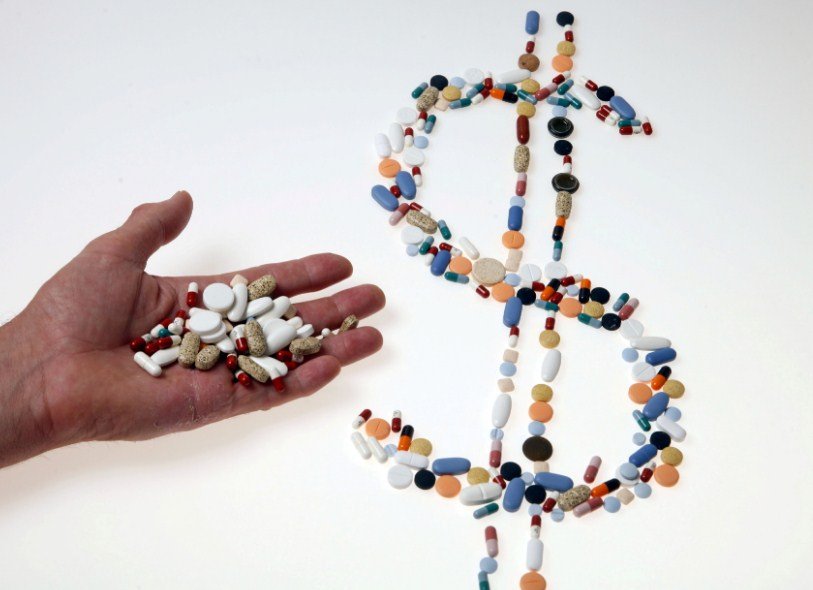President Joe Biden has announced a series of measures to lower the cost of prescription drugs and improve the economic outlook for Americans. The plan includes targeting 10 drugs for Medicare price negotiations, easing export controls on technology, and supporting job creation.
Medicare Price Negotiations for 10 Drugs
One of the main components of Biden’s plan is to allow Medicare, the federal health insurance program for seniors and people with disabilities, to negotiate lower prices for 10 drugs that are widely used and expensive. The list includes the popular diabetes treatment Jardiance and the blood thinner Eliquis, as well as drugs for cancer, rheumatoid arthritis, multiple sclerosis, and hepatitis C.
Biden said that the current system of drug pricing is “unfair” and “unsustainable” and that his administration will “keep standing up to Big Pharma and we’re not going to back down.” He claimed that the plan will save Medicare $37 billion over 10 years and reduce out-of-pocket costs for beneficiaries by $7 billion.
The plan faces legal challenges from drugmakers, who argue that it violates their intellectual property rights and will stifle innovation. It also faces opposition from Republican lawmakers, who say that it will limit access to lifesaving medicines and harm the U.S. pharmaceutical industry.
Easing Export Controls on Technology
Another aspect of Biden’s plan is to ease export controls on technology that has potential military uses, such as semiconductors, artificial intelligence, and biotechnology. Biden said that the move will help U.S. companies compete in global markets and create jobs at home.
Biden made the announcement during his visit to Beijing, where he met with Chinese leaders, including Premier Li Keqiang. He said that he conveyed U.S. concerns about China’s restrictions on U.S. technology companies and its unfair trade practices. He also said that he agreed to have experts from both sides meet to discuss disputes over protecting trade secrets and intellectual property.
Biden’s visit was part of a series of diplomatic efforts to revive frosty relations between the world’s two largest economies, which have been strained by issues such as human rights, cybersecurity, Taiwan, and the coronavirus pandemic.
Supporting Job Creation
The third element of Biden’s plan is to support job creation in the U.S. labor market, which has shown signs of cooling in recent months. Biden said that his administration will invest in infrastructure, clean energy, education, and health care to create millions of good-paying jobs and boost economic growth.
Biden also said that he will extend unemployment benefits for workers who lost their jobs due to the pandemic and provide tax credits for families with children and low-income workers. He said that these measures will help Americans cope with rising prices and interest rates, which have eroded consumer confidence.
Biden’s plan comes amid a decline in consumer confidence in August, which fell to its lowest level since February 2021. The Conference Board, a business research group, said that its consumer confidence index tumbled to 106.1 in August from a revised 114 in July. The index measures both Americans’ assessment of current economic conditions and their outlook for the next six months. Both measures saw significant declines in August.
Biden said that he is confident that his plan will restore consumer confidence and make the U.S. economy stronger and more resilient.

